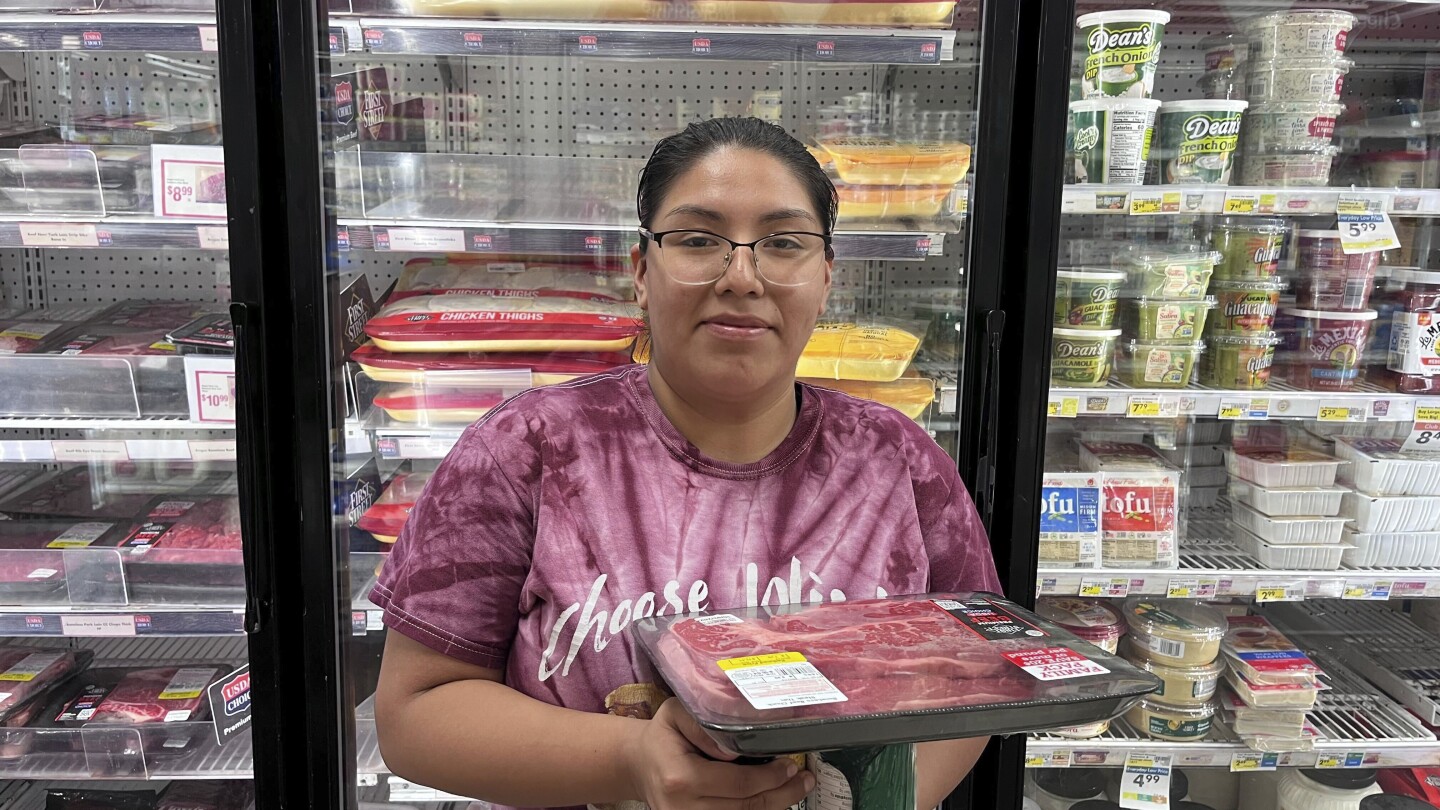I’m all for clearer labeling, but those dates are still inherently guesses.
They are educated guesses, which have meaning. Requiring both is actually really good because it lets the buyer know how much time is between crispiest and best texture vs a conservative safety estimate. Right now only voluntarily using one or the other lets them scare people with a best by date that people read as a safety date.
Obviously people should still check for mold and spoilage because no date will ever be perfect due to the wide possibilities of how the food is transported and stored, but knowing whether stale chips are also likely to be unsafe to eat would be good to know.
Like I said, I’m all for it. And I think the current state is definitely too much wasted edible food.
But I think they should also focus on requiring labeling that gives some standardized indicators of spoilage relevant to that specific food.
Most packaged stuff like chips is so full of preservatives it’s pretty unlikely to be unsafe without clear visual indications.
“Use by” dates are based on a conservative estimate of when it is likely to be spoiled.
Sell by: when it should leave the store so the customer has a couple of says to eat it. Mostly used here on refridgerated meat and seafood.
Use by/fresh befor/some others: date used for the food most likely being the right texture/flavor/etc.
Best by: extremely unlikely to spoil before this date , although the further off the date is the more likely that it will be safe to eat well beyond this date. For some canned and frozen foods this is likely to be based on complete failure of texture or taste since properly canned and frozen food is safe indefinitely as long as those conditions are maintained.
California us codifying those last two into the packaging so you don’t get only one or the other and clarifying what they are supposed to mean. There is not a more precise method that can be done, although the names are a bit too close to each other.
They might hedge it a little towards lessening waste but it’s a particularly difficult nut to crack.
I’ve seen canned goods last a decade past a 2-year shelf life date. It’s largely dependent on the exact sterility of packing which in most cases is an undetectable variable.
I don’t know how exactly it’s set up in the US, but in Germany the best before date means essentially “we guarantee no substantial change”. That means, if the liquids in a yoghurt start to separate after a week, the date is one week after production, even though the complex refurbishment of “stirring” might make the product perfectly edible for weeks after. I’m involved in a local food sharing community and I’ve eaten yoghurts literally months after the official shelf life, they were fine.
Two separate dates would already do the trick. Like “best before” and “not after”. Both are relevant, but they mean very different things.
I mean, that’s essentially what California is doing in the article.
Products here are all over the place with Best by, use by, use or freeze by, majority of them contain the absolute minimum amount of time before product degradation. But a lot of products simply have a date on them without any explanation. It could be used by it could be best by or it could be date of manufacture on them.
It would be good for us to get some better rules around it.
The law is set to take effect in July 2026, establishing a new standard for food labeling in California. It will require the use of “Best if Used By” label to signal peak quality and “Use By” label for product safety
I would make it even more explicit. I would put those two dates but label them, “best if used by” and “dangerous if used after.”
And a third “at this point it will be fatal”
We will need that for the dystopian future we are plummeting to. Have they made RAD Away yet?
Maybe “Use by” and “Discard after”.
It is a little silly that a responsible consumer should find a guide online…

…when it that knowledge could be baked into the label.
Other charts:


So we’re changing “Sell By” and “Best Before” to "Use By” and "Best if Used By”
I don’t really see this helping food waste at the consumer end, but greatly benefits supermarkets by allowing products to remain on shelves longer and closer to spoilage.
However, in that case customers could have less margin to use their purchased groceries before they go bad.
I think this has a chance to backfire. There is greater incentive to dig around for the product with the most time. Those who frequently shop or most desperate would buy the items expiring sooner, but folks like me who only really check items I’ve been burned on, will start checking everything. I’m not buying a $3.99 head of lettuce with 2 days left.
EDIT: don’t grocery stores already donate lots of near-expiration unspoiled food to support systems? I thought there was a organization in CA that coordinated all that. They may see a dip in donations.
I could be completely ignorant, but I don’t think I have ever seen two use dates on foods in the US before.
What? An item wouldn’t have both dates. But almost everything has at least one.
The article does seem to suggest two would be in use.
"It will require the use of “Best if Used By” label to signal peak quality and “Use By” label for product safety,*.
There will be two dates on products. “best of used by” is what you are used to and when grocery stores will most likely pull the product. “Use by” date will be a second date further out where you might want to actually throw it away.








